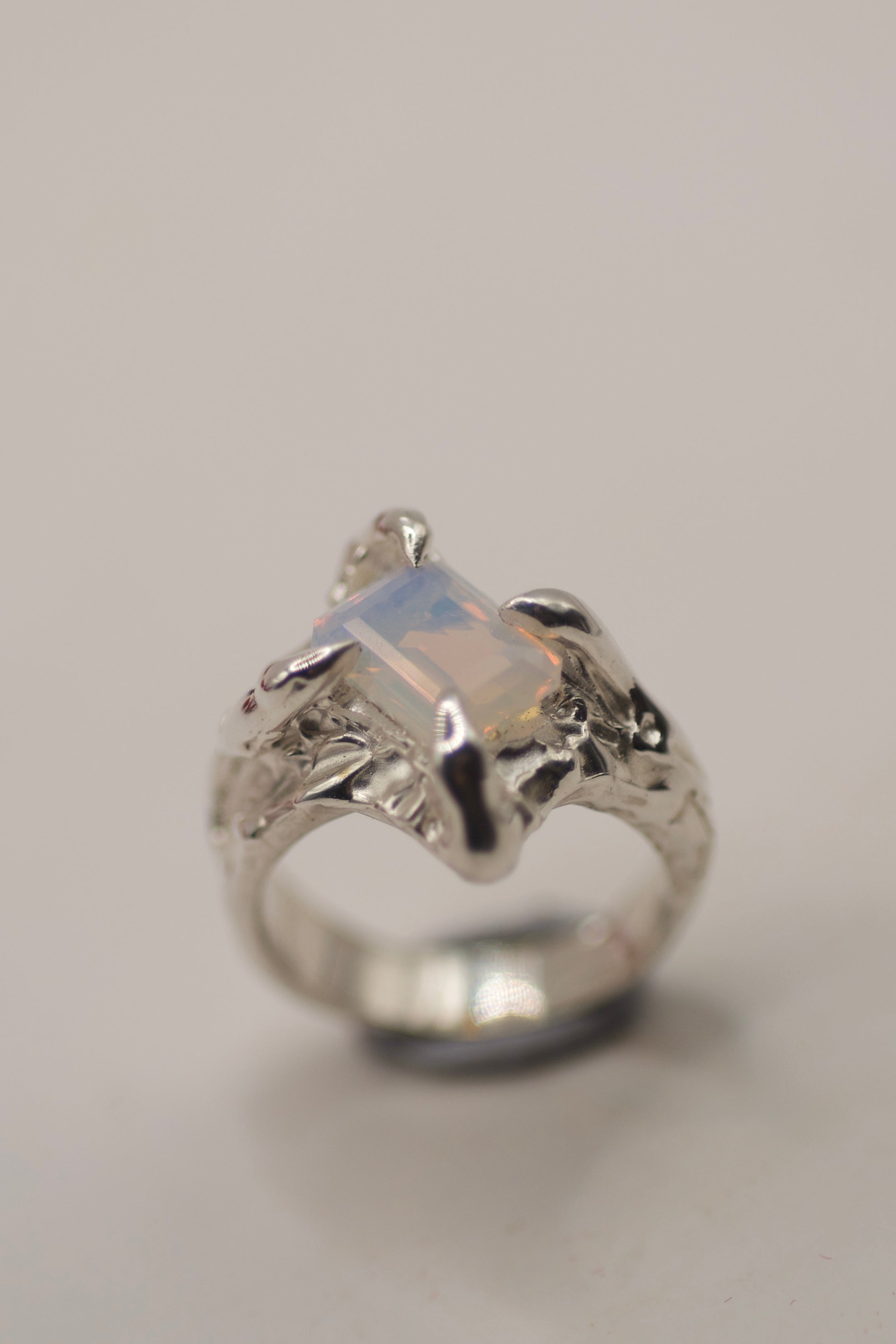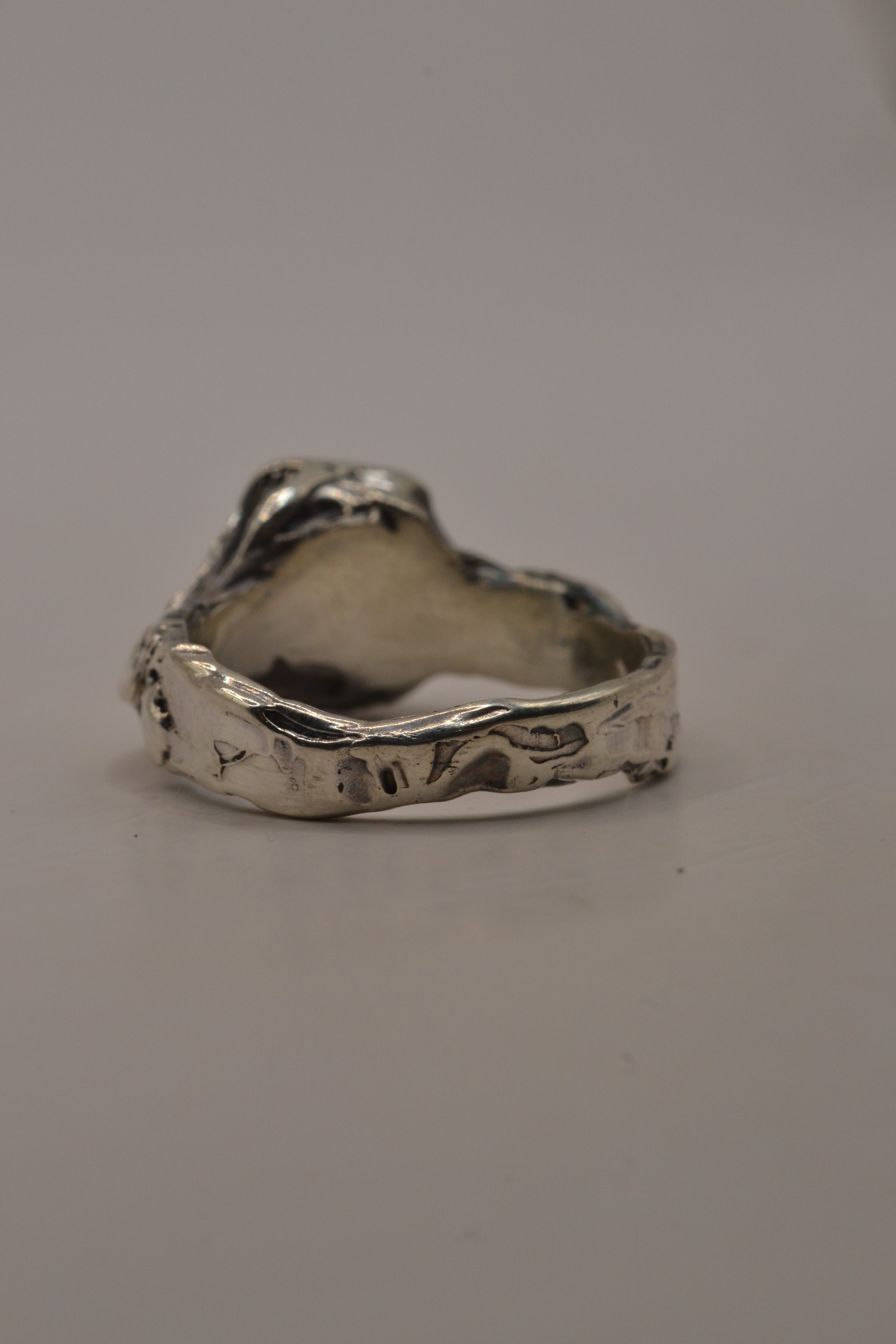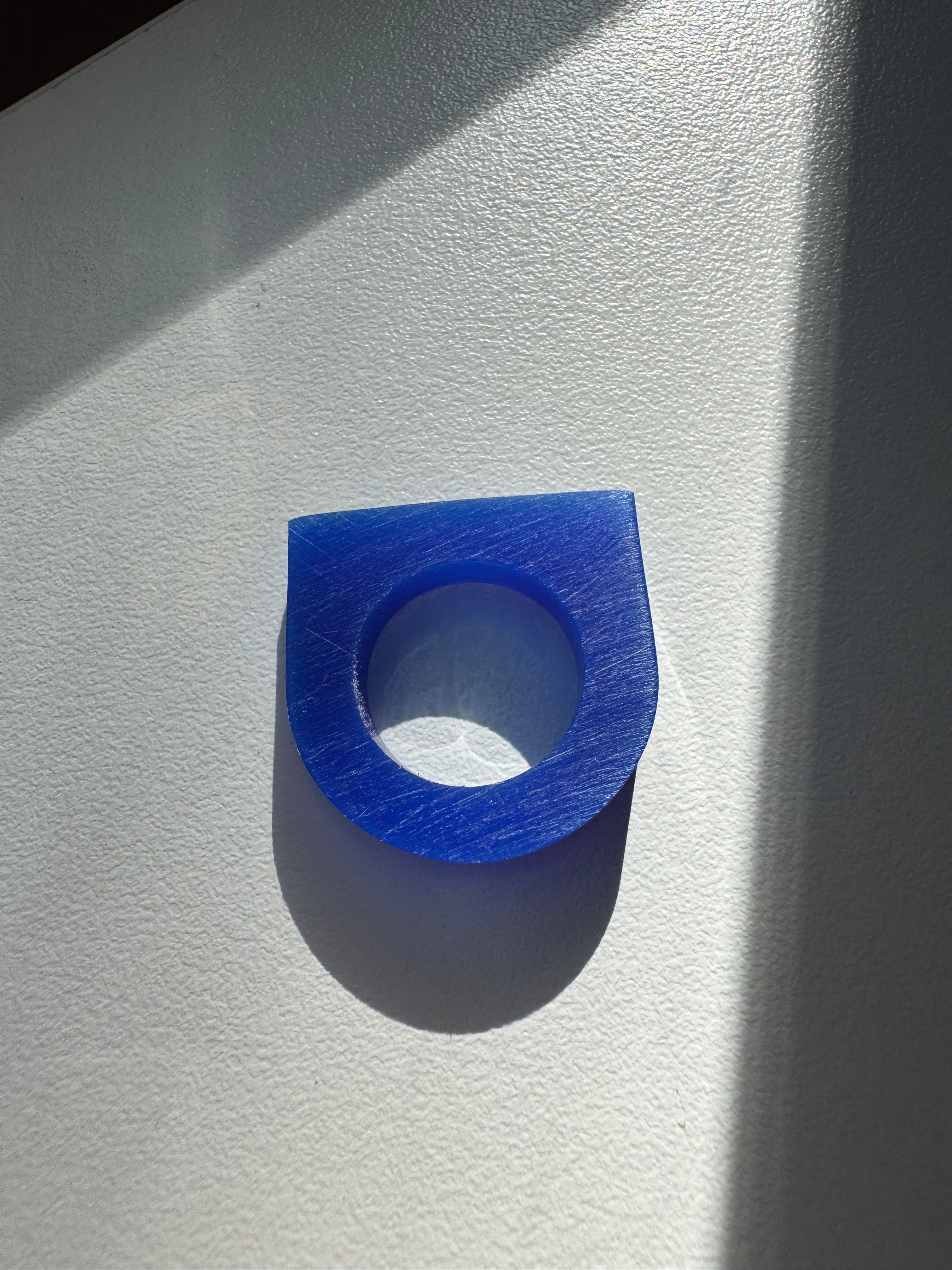
Do you really need a niche?
Why Niche Is Important
A niche helps you hone in on one specific audience and truly connect with them. As jewellers, you're not just selling a product — you're selling art. And art evokes emotion. Many people who buy jewellery do so on an emotional level, not just because they need it, but because it holds meaning.
People buy on two levels: logical and emotional. Now, we can say that logical buyers probably don’t spend a fortune on jewellery because it’s not a necessity. But emotional buyers? They’re the ones who will make the purchase. They buy jewellery to celebrate moments, express their personality, or mark special milestones. And this is where your niche becomes crucial.
By narrowing your focus, you’re tapping directly into your audience’s deepest desires, creating an emotional connection that goes beyond just a product — it’s a story they want to be part of. Whether it’s boho, minimalist, gothic, or vintage, your designs will start speaking directly to the people who feel that same connection. You’re no longer just another jewellery maker — you’re the jewellery maker for that particular community.
Why “Everyone” Isn’t Your Customer
Here’s the thing: when you try to appeal to everyone, your message becomes unclear. Without a niche, your marketing is too broad, and potential customers won’t know if your jewellery is right for them. They might look at your designs and think, “This is nice, but it doesn’t really speak to me.”
By focusing on a specific group — whether it’s boho lovers, vintage collectors, or minimalist fans — you can speak directly to the people who truly connect with what you’re offering. Your marketing becomes more focused, your designs more meaningful, and your message feels more authentic. If you try to sell to everyone, you’ll be just another jewellery maker lost in the crowd. But with a niche, you stand out as the go-to jeweller for that specific group, building trust and loyalty in the process.
Think about brands you like. Why do you like them?
Let’s take Redbull, for example. Their marketing is amazing because they know exactly who they're targeting — adrenaline junkies and go-getters. The first image you see on their website is literally a guy on a motorbike, doing something extreme. Do you think their target audience is older people? Definitely not! They’re focused on a younger, active crowd.
Different marketing attracts different people. It’s the same with your jewellery. You don't have to have it all figured out right away — you can experiment and evolve. But ask yourself these questions:
- What feelings do you want to evoke?
- What vibe are you going for?
- Who do you want to connect with, and how do you want them to feel when they wear your pieces?
These questions will help you define your niche and create a brand that speaks to the right people.
Niche Is Not Just About Product
When we talk about finding your niche, it’s important to understand that niche is not the same as product. In other words, just because you choose a specific niche doesn’t mean you have to limit yourself to one product. You can still be diverse with your offerings, as long as you're consistent with your vibe.
For example, if you decide your niche is gothic jewellery, that doesn't mean you can only sell rings or necklaces. You could also expand into gothic-style candles, home decor, or even apparel, because everything you're offering ties back to that same gothic aesthetic. Your brand is the niche, not just one product.
Where things get confusing is when you try to sell things that don’t align with your niche at all. For instance, if you're selling solid gold rings, but also offering personalised cat drawings or random artworks, it doesn’t fit together. The jewellery and cat art don’t share the same vibe or audience, and that can create a disconnect for your potential customers.
The goal is to find a way to tie everything together — whether it’s your product offerings, the style of your designs, or the emotions you're trying to evoke. When all of it aligns with your niche, it creates a cohesive brand that your audience can connect with on a deeper level.
Social Media Has Changed
Don’t stress about social media — it's not what it used to be. A few months ago, the strategy was all about gaining followers, and a percentage of them would see your posts. The more followers you had, the more views you got. But now, it’s all about the content itself and how you engage with your audience.
Here’s the thing: you can still cross-promote products on your account, and it will work in your favour, as long as your overall niche is aligned. Let’s say you sell jewellery, but also post other types of content. If that content feels relevant to your brand, even if it’s not directly related to jewellery, it can still help you grow.
For example, imagine you post a funny cat video. If the cat video has nothing to do with your jewellery, it may not resonate with your audience or connect back to your brand. However, if you find a clever way to incorporate your jewellery into that content — like having a sneaky ring in the background or some other aesthetic element that ties into your niche — it could work in your favour. It makes the content feel authentic and relevant, while still promoting your products in a way that feels natural and engaging.
If your niche is aligned, cross-promoting different types of content can really help you grow quickly. The key is making sure that the aesthetic and message are consistent across everything you share, even if the product or content is different. When your whole account feels cohesive, your followers will stay engaged, and your content will get pushed to the right people.
So, while it’s fine to mix things up, make sure you're still being strategic with how everything ties back to your overall vibe. Whether it’s a jewellery post, a personal video, or a sneak peek into your life, if it’s aligned with your brand and niche, it will help you build a strong, connected audience...
In summary, finding your niche isn’t about limiting your products — it’s about creating a cohesive brand that resonates with your audience. You can still cross-promote multiple products, as long as they align with your overall vibe and message. Whether you’re sharing jewellery, lifestyle content, or something totally different, just make sure everything ties back to your niche. When your brand is consistent, you’ll attract the right customers and grow your business faster.
Remember, this is a business you're running, not a hobby. And if running a successful business was 'easy,' everyone would do it.



1 comment
As a multimedia artist who works with many mediums, this blog really resonated as to having to restruct and refocus my art, so far I have been using a shotgun approach to my creativity and not all buyers stay focused and move on. I know I have to set my sights and narrow my product lines in a way to better target my audience I feel that sometimes my table looks like a variety store where anything and everything is there for folks to purchase. Sometimes it works and sales are phenomenal and yet other times people move on from being overwhelmed.
Michel Labine
Leave a comment
This site is protected by hCaptcha and the hCaptcha Privacy Policy and Terms of Service apply.